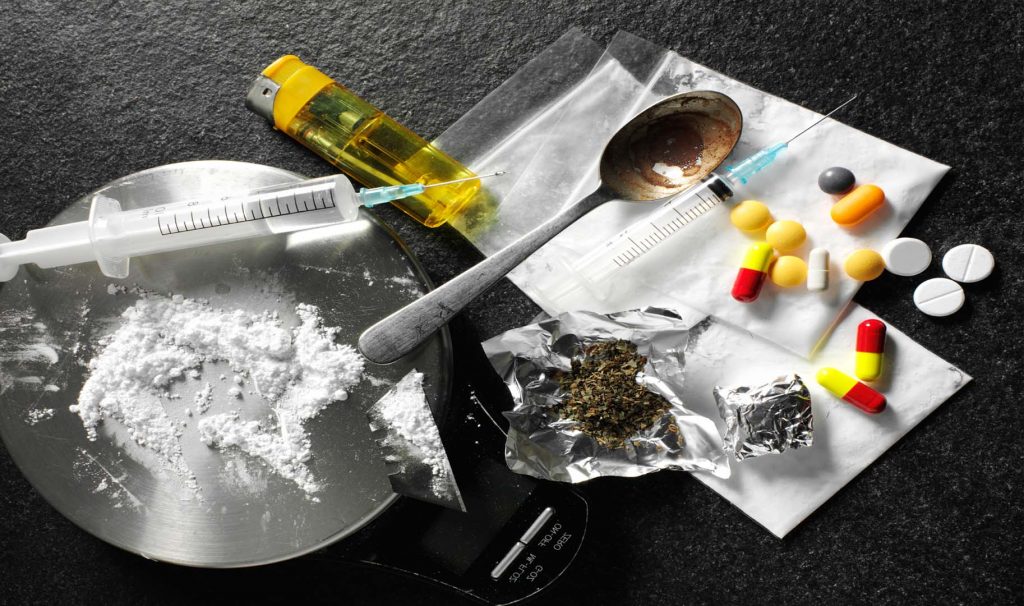Drugs have been a part of human culture for centuries, with varying effects on individuals and society as a whole. From legal pharmaceuticals to illicit substances, drugs can have both positive and negative impacts. In this article, we delve into the multifaceted impact of drugs on society, exploring the consequences of drug abuse, the challenges of addiction, and the efforts to address the issue.
The Health Toll of Drug Abuse:
Drug abuse takes a significant toll on individuals’ physical and mental health. Substance abuse can lead to a range of health issues, from organ damage and respiratory problems to mental health disorders like anxiety, depression, and psychosis. Additionally, drug abuse often leads to a deterioration in personal relationships, academic and professional performance, and overall quality of life.
The Social and Economic Impact:
Beyond the individual level, drug abuse has wide-ranging social and economic consequences. Drug addiction can strain families, lead to child neglect, and contribute to domestic violence. In the workplace, drug abuse can result in decreased productivity, absenteeism, and accidents. The burden on healthcare systems and the criminal justice system also adds to the economic impact of drug abuse.
The Link to Crime:
The connection between drug abuse and crime is well-documented. Drug addiction can drive individuals to engage in criminal activities to fund their habit, leading to drug-related offenses like possession, distribution, and theft. The criminalization of drug use has also resulted in overcrowded prisons and disparities in law enforcement, affecting marginalized communities disproportionately.

Addressing the Stigma of Addiction:
One significant barrier to addressing drug abuse is the stigma associated with addiction. Many individuals suffering from substance use disorders may avoid seeking help due to fear of judgment or social repercussions. Raising awareness and promoting a compassionate approach to addiction can encourage more individuals to seek treatment and support.
Combating Drug Addiction: Treatment and Rehabilitation:
Effective treatment and rehabilitation programs play a crucial role in addressing drug addiction. Offering evidence-based therapies, counseling, and support services can help individuals recover from substance abuse and regain control over their lives. Providing accessible and stigma-free treatment options is essential in the fight against drug addiction.
The Role of Education and Prevention:
Drug education and prevention initiatives are essential in curbing drugBuy top quality bubba og strain online USA, 17% THC abuse. Implementing drug education programs in schools and communities can equip individuals with the knowledge to make informed decisions about drug use. Additionally, prevention efforts should focus on addressing risk factors and promoting protective factors that reduce the likelihood of drug abuse.
Conclusion:
The impact of drugs on society is complex and multifaceted, with far-reaching consequences on health, social cohesion, and the economy. To effectively address drug abuse, society must adopt a comprehensive approach that includes education, prevention, treatment, and rehabilitation. Combating the stigma surrounding addiction and promoting empathy and support for those affected by drug abuse is crucial in creating a more compassionate and understanding society.